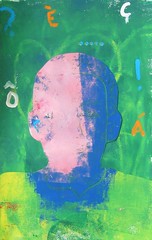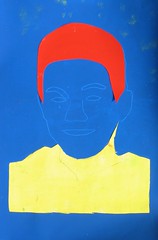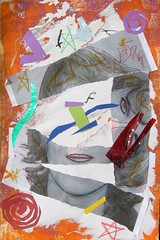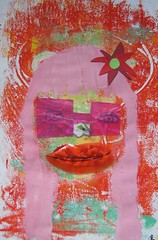The great Willingham?
I have been ruminating about Daniel T. Willingham's thoughts on school education in his book "Why Don't Students Like School?"1 for some weeks now. In this book Willingham summarizes research in cognitive science and sets out consequences for learning in the class room.
His conclusions confirm a lot of my experiences as a teacher. Some myths that teachers have been taunted with lately are being debunked. I was so enthralled with the content of the book as to recommend it to my fellow teachers by quoting Willingham's "Nine principles of the mind" in our school's weekly. Albeit, there are some features of the book that I look upon with suspicion and I keep asking myself whether the book legitimizes school routines that make children unnecessarily unhappy.
Happiness
The title makes me tetchy in the first place. In fact most of my students like school. Of course they like it first of all because it is a place to meet their peers. Next to that school offers challenges that they like to meet. Capable teachers really do succeed in enthusing pupils with their subject. Not few students even love to do their homework though they would not be caught dead admitting it. Willingham's book offers wonderful suggestions for teachers to make rote learning within school routines more acceptable and doable for students. In fact "How to make your students happy" would have been a better title.
Child oriented teaching or academic programme?
My main beef about the book is that by emphasizing purely cognitive learning in academic subjects it denies children's possibilities to learn independently, to be creative in asking questions and to be experts in their own right. There is more to school than learning the answers the teachers know to questions a child never would ask.
Traditional schooling
Training to be a painter once started with chore tasks in the workshop: the grinding of pigments, preparing of canvases. Subsequently the student would learn to copy the works of the master. Certainly he would be encouraged to draw as much from nature as possible next to that. When the student had proven himself he would co-operate with the master, he might fill in backgrounds , the clouds in the sky. Indeed, it would take ten years and ten thousand hours of hard labour to become a master, the apprenticeship Willingham claims to be necessary to become an expert.
Modern art
Modern art changed all that. The realistic image can be obtained by making a photograph. The photograph can be outlined and transferred to a painting and changed. Andy Warhol's portraits of Marilyn Monroe2 and Mick Jagger were produced in such a way, and so were the images in this blog, self-portraits by fifteen year old students of mine, with completely different outcome though. These young kids deliberately chose expressive visual elements that matched their self-awareness and they applied these consistently. They made expert decisions. Not too bad after only three years of training at school during two hours per week.
References:1 Daniel. T. Willingham, Why Don't Students Like School?: A Cognitive Scientist Answers Questions About How the Mind Works and What It Means for the Classroom, April 2009, Jossey-Bass
2 Andy Warhol Prints of Marilyn Monroe
 |  |  |








No comments:
Post a Comment